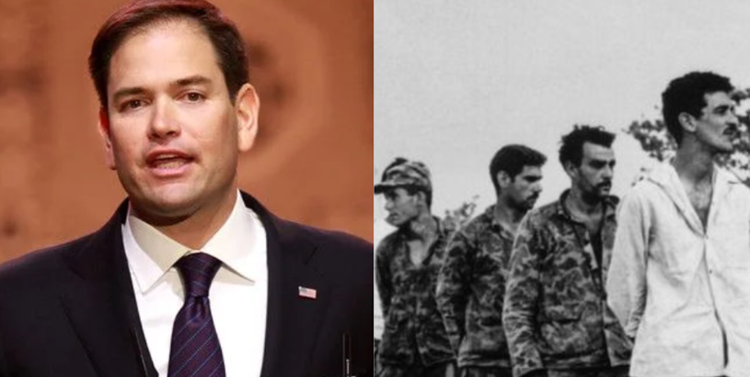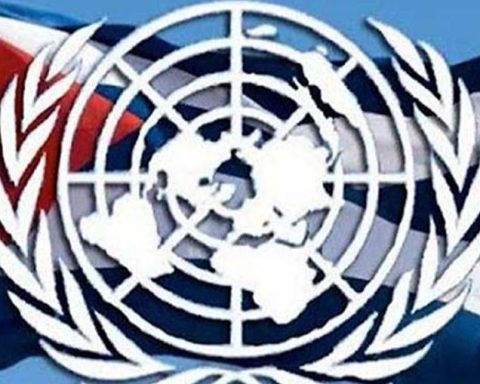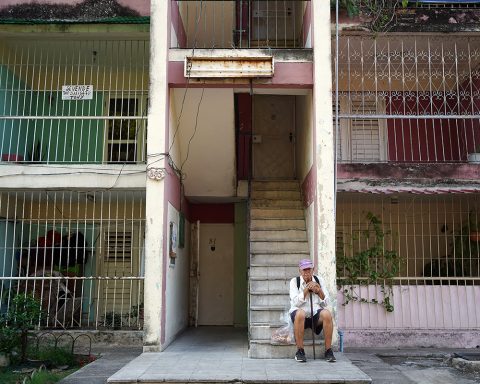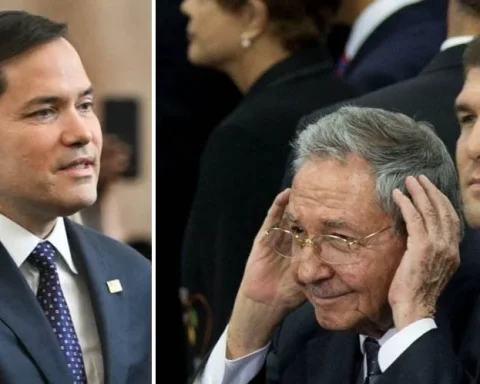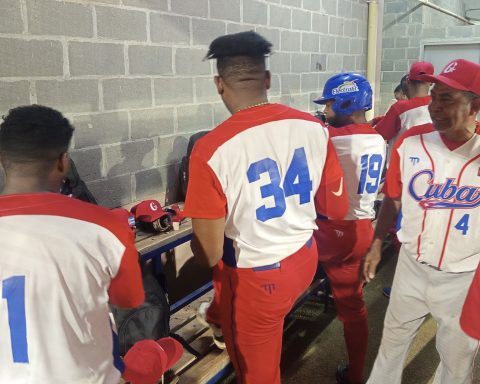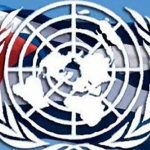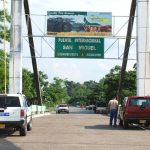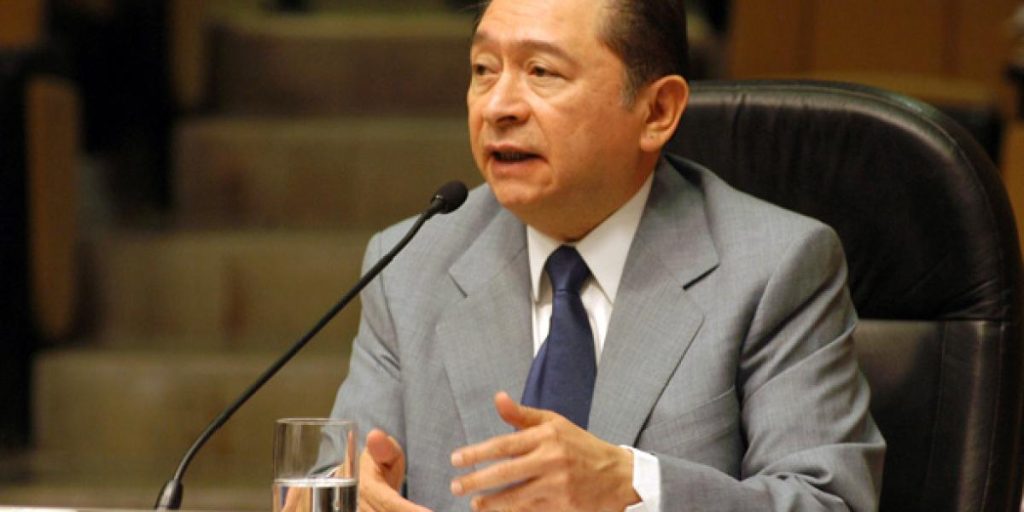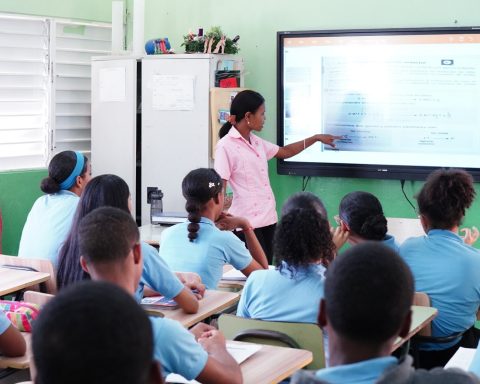Madrid, Spain.- The Secretary of State of the United States, Marco Rubiorecalled on Thursday the anniversary of the invasion of Bay de Cochinos, starring 64 years ago by the assault brigade 2506. In a publication in Your X accountRubio highlighted the sacrifice of Cuban exiles who participated in that military operation with the support of the United States.
“64 years ago, the brave patriots of Brigade 2506 undertook a heroic mission in Bay of pigs in search of freedom for Cuba. Today we honor the men who risked their freedom and sacrificed their lives in their attempt to free their homeland from the communist tyranny of Castro,” Rubio wrote.
The night of April 16, 1961, 1,414 Cuban exiles left from the Florida coast in the hope of overthrowing the government of Fidel Castro. The operation, promoted and organized by the United States Central Intelligence Agency (CIA) under the mandate of President Dwight D. Eisenhower and continued by his successor, John F. Kennedy, was conceived as a covert mission to stop the communist influence on the Western Hemisphere.
Initially baptized as Operation Pluto and then renowned as Operation Zapata, the invasion has gone down in history with the name of Bay of Cochinos, through the area where the troops finally landed. The Brigade had men trained by US special forces in various countries, including Guatemala, Nicaragua, Panama and Puerto Rico. The average age of the fighters was 24 years old, although among them was a veteran of the Second 54 -year World War and a 15 -year -old who falsified his documents to join.
The brigade leaders included Manuel Artime, civil chief and former member of the Revolutionary Recovery Movement (MRR), and Commander José Pérez San Román, military chief and former captain of the Fulgencio Batista army. As second in command was Erneido Oliva, who would later spend 20 months in prison after the defeat.
The morning of April 17 began the invasion. Although the first air attacks destroyed planes of the Cuban regime, the change in strategy ordered by the White House – which included the cancellation of US air support to maintain the undercover character of the operation – was decisive. The forces of Castro Governmentsupported by organized militias and Cuban aviation, responded quickly. Without reinforcements or supply, the members of the Brigade resisted for two days, until they were captured or dejected.
More than a hundred brigades lost their lives, and about 1,200 were made prisoners. Nine of them were subsequently executed. The survivors were released 22 months later, after an agreement in which the United States government paid more than 50 million dollars in food, medicines and effective.
The invasion of Bay of pigs continues to be a key episode of the cold war and a turning point in American foreign policy towards Latin America. For many, Brigade 2506 remains a symbol of struggle for freedom and opposition to the communist regime that still governs in Cuba.
